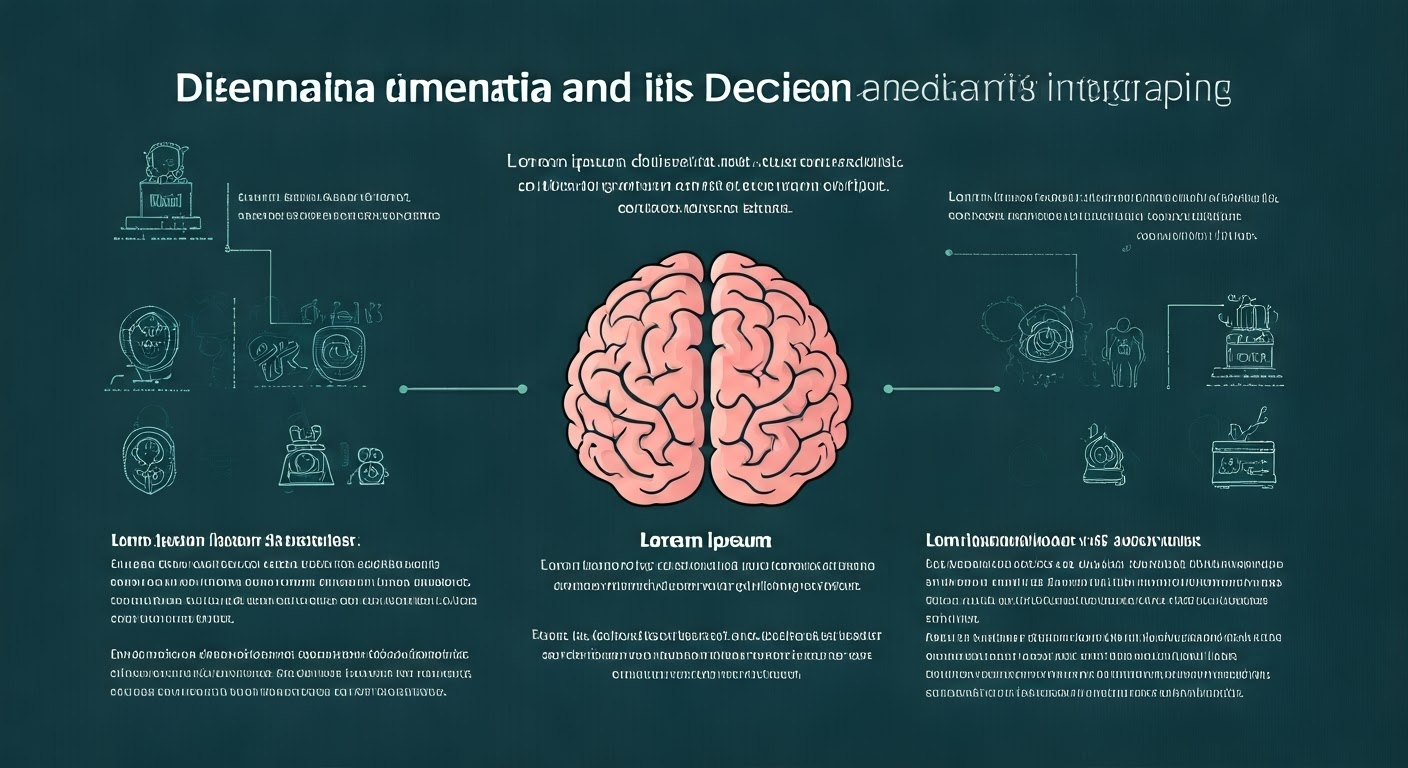Can a Person With Dementia Sell Their House?

Navigating the complexities of property ownership when a loved one is grappling with dementia can be challenging. The ability to sell their home is intricately linked to their cognitive capacity for decision-making.
This article seeks to clarify the legal, ethical, and practical considerations surrounding dementia and property ownership, providing guidance for families facing these difficult circumstances.
Key Highlights
- Determining whether a person with dementia can sell their house hinges on their mental competency to make sound decisions.
- A durable power of attorney (POA) for finances is crucial, empowering a designated agent to oversee financial matters, including the home sale.
- Consulting with an elder law attorney specializing in dementia cases is highly recommended to navigate legal complexities.
- It’s vital to assess the homeowner’s competency, potentially involving medical professionals to evaluate their mental capacity.
- Understanding legal options like guardianship, where the court appoints a guardian for an incapacitated individual, is essential.
Understanding Dementia and Property Ownership

Dementia, a general term encompassing various neurological disorders affecting memory, thinking, and behavior, can significantly impact an individual’s capacity to manage their affairs, including their property. Selling a house, a major financial and legal transaction, requires a clear understanding of the homeowner’s rights, competency, and available support systems.
Families confronting these challenges benefit from being well-informed about legal frameworks and options to make decisions that prioritize their loved one’s well-being and safeguard their interests.
What is dementia and how does it affect decision-making?
Dementia, often characterized by memory loss, confusion, and impaired judgment, progressively erodes an individual’s mental capacity, impacting their ability to make sound decisions. This decline can hinder their ability to understand the implications of complex transactions, including selling their home.
As dementia progresses, individuals may struggle to grasp the financial and legal ramifications of selling a property. They might have difficulty understanding market value, negotiating with buyers, or even recognizing that they are engaging in a property sale.
Recognizing these challenges is paramount when considering a home sale. Consulting with medical professionals and legal experts is crucial to assess capacity and explore options that protect the individual’s best interests.
Legal considerations for property ownership with dementia
The legal landscape surrounding property ownership and dementia can be intricate, emphasizing the need for expert guidance. An elder law attorney, well-versed in this area, can provide valuable insights and support throughout the process. Engaging their services from the outset is crucial to ensure all legal requirements are met.
Property ownership laws vary, and an elder law attorney can navigate these complexities while advocating for the individual’s rights. They can advise on the necessary documentation, such as power of attorney, and represent the homeowner’s interests in any legal proceedings.
Having a trusted legal professional by your side provides peace of mind, knowing that decisions regarding the property are handled ethically and legally while safeguarding the homeowner’s well-being.
Assessing Competency to Sell a House
Before initiating the home selling process, it’s crucial to determine the homeowner’s legal competency. This involves evaluating their ability to comprehend the nature and consequences of the transaction. Mental clarity and decision-making abilities are central to this assessment, protecting the homeowner from potential exploitation.
Consulting with medical professionals, legal experts, and family members is vital in evaluating competency. This collaborative approach ensures a thorough and unbiased assessment, allowing for informed and ethical decisions regarding the homeowner and their property.
Criteria for determining legal competency
Legal competency revolves around the homeowner’s mental capacity to understand the significance of selling their house. It considers their ability to process information, weigh options, and make informed decisions regarding the transaction. The bar for competency in real estate transactions can be quite high.
An elder law attorney plays a critical role in determining legal competency. They can guide families through legal procedures, such as having a physician assess the homeowner’s cognitive abilities. This process helps establish whether the homeowner can consent to a sale and comprehend its implications.
If competency is in doubt, legal alternatives, such as power of attorney or guardianship, can be explored. These safeguards ensure the homeowner’s interests are protected, even if they can’t make decisions independently.
The role of medical professionals in assessing competency
Medical professionals, particularly those specializing in dementia care, are instrumental in evaluating the homeowner’s mental capacity. Their expertise in diagnosing and treating dementia equips them to assess cognitive function and how it relates to decision-making.
Through cognitive tests and behavioral observations, medical professionals gauge the homeowner’s understanding of the home sale transaction. They evaluate their ability to retain and process information, weigh risks and benefits, and communicate their wishes clearly.
These medical evaluations provide critical insights for legal professionals, families, and the court when making decisions related to the homeowner’s finances and property. This collaborative approach ensures the homeowner’s needs and rights are prioritized.
Power of Attorney and Selling a House

A durable power of attorney for finances, established while the homeowner had mental capacity, offers a practical solution for managing their affairs if they become unable to do so. This legal document empowers a designated agent, often a family member or trusted individual, to make decisions on their behalf.
The agent can then handle the sale of the house according to the homeowner’s previously stated wishes. It’s important to note that the power of attorney must explicitly grant the agent authority over real estate transactions for this to be permissible.
How to obtain Power of Attorney
A Power of Attorney (POA) is a legal document that grants someone else the legal authority to act on your behalf. To establish a Durable Power of Attorney, ensuring its validity even if the homeowner experiences incapacitation, it’s advisable to consult an elder law attorney.
The attorney will guide the homeowner through the process, ensuring the document adheres to state laws and accurately reflects their wishes. The chosen agent should be a trusted individual capable of making sound financial decisions.
This proactive step simplifies future decision-making, especially if the homeowner’s cognitive abilities decline. It provides clarity and safeguards the homeowner’s interests, enabling their chosen agent to manage their affairs responsibly.
Responsibilities and limitations of a Power of Attorney in real estate transactions
A Power of Attorney in real estate transactions bestows upon the agent a significant responsibility: to act in the best interest of the homeowner, even if it means selling their property. This could involve managing the sale process, negotiating with potential buyers, and ensuring a fair market value for the house.
However, it’s essential to understand that a POA for real estate doesn’t give the agent absolute power. Their actions are still subject to legal scrutiny. They must adhere to the homeowner’s prior instructions and act with transparency, avoiding any conflict of interest.
In essence, the POA acts as a steward, not an owner. They are entrusted with managing the sale responsibly, always prioritizing the homeowner’s well-being and adhering to legal and ethical standards throughout the process.
Steps to Selling a House for Someone with Dementia
Successfully selling a house for someone with dementia requires a sensitive and well-coordinated approach. Early preparation is crucial, ideally starting with discussions about their wishes while they can still participate in decision-making.
Having legal documents like a durable power of attorney in place simplifies the process. Open communication with family members and seeking guidance from elder care professionals are essential throughout the journey.
Preparing the property for sale
Preparing the property for sale with sensitivity towards the individual with dementia is paramount. Decluttering and staging the home should be done gradually and respectfully, minimizing disruption and distress to the homeowner.
Engaging a real estate agent experienced in senior real estate is crucial. Such an agent can navigate the unique challenges of selling a home for someone with dementia, providing compassionate and knowledgeable guidance to families.
Pricing the property competitively is key to attracting potential buyers. Working with a qualified appraiser ensures the home sale yields a fair market value, maximizing the financial benefit for the homeowner.
Choosing the right real estate agent
Choosing the right real estate agent can significantly impact the experience of selling a house for someone with dementia. Seek out a real estate specialist with experience in senior real estate, as they are adept at handling the complexities and sensitivities involved.
A compassionate and understanding realtor can make a world of difference. Look for professionals who are patient, respectful, and knowledgeable about the challenges dementia presents. They should communicate effectively with both the homeowner and family members.
Referrals from elder law attorneys, geriatric care managers, or other families who have navigated similar situations can be invaluable. Take the time to interview potential agents, ensuring a good fit and establishing trust from the outset.
Conclusion
Navigating property ownership and sales with dementia requires careful consideration of legal and ethical factors. Understanding the impact of dementia on decision-making, assessing competency, obtaining Power of Attorney, and following proper procedures are crucial steps. It’s important to consult legal and medical professionals to ensure the individual’s best interests are protected throughout the process.
By taking the necessary precautions and seeking guidance, you can facilitate a smooth and ethically sound sale of a property for someone with dementia. For more detailed information or assistance, feel free to reach out to our experts for personalized advice and support.
Ready to work with Tulsa Home Buyers?
Let's connect! We’re here to help.
Send us a message and we’ll be in touch.
Or give us a call today at (918) 516-8951


